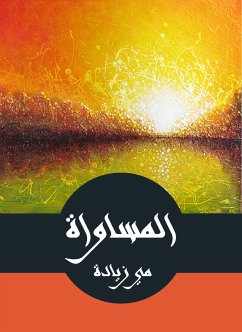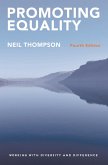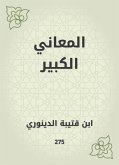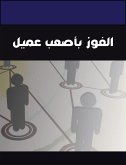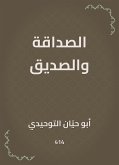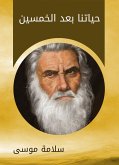In a family framework, a dialogue takes place between family members and their friends in Beit Mai Ziada, and the issue is on equality. The book begins with a talk about the different views of the members of the dialogue, so each of them shows its opinion and the first dialogue on the subject of the social classes is as a reality in a person's life that is not without a society in ancient and modern history. Mai Ziada also talks about the social classes that some philosophical theories tried to cancel, such as communism, which liberated the means of production and made it ownership of the state and transformed the people into only employees, but she failed in the end. The writer elaborates on talking about aristocracy, slavery and tenderness, and that slavery and slavery continued as a phenomenon until recently (the time of the book's writing) and arose from different social and economic reasons, but the main reason is lack of faith in human freedom and considering it from his rights and not to consider that people are equal. Dialogue continues throughout the pages, through which they talk about democracy, revolutionary socialism, and peaceful socialism and the difference between them, on chaos, and nihilism as an idea that seeks to achieve equality between people. Anarchism seeks to cancel all forms of the state's authority over people, and to turn society into a form of fictional equality than realistic.
Dieser Download kann aus rechtlichen Gründen nur mit Rechnungsadresse in A, B, BG, CY, CZ, D, DK, EW, E, FIN, F, GR, H, IRL, I, LT, L, LR, M, NL, PL, P, R, S, SLO, SK ausgeliefert werden.

